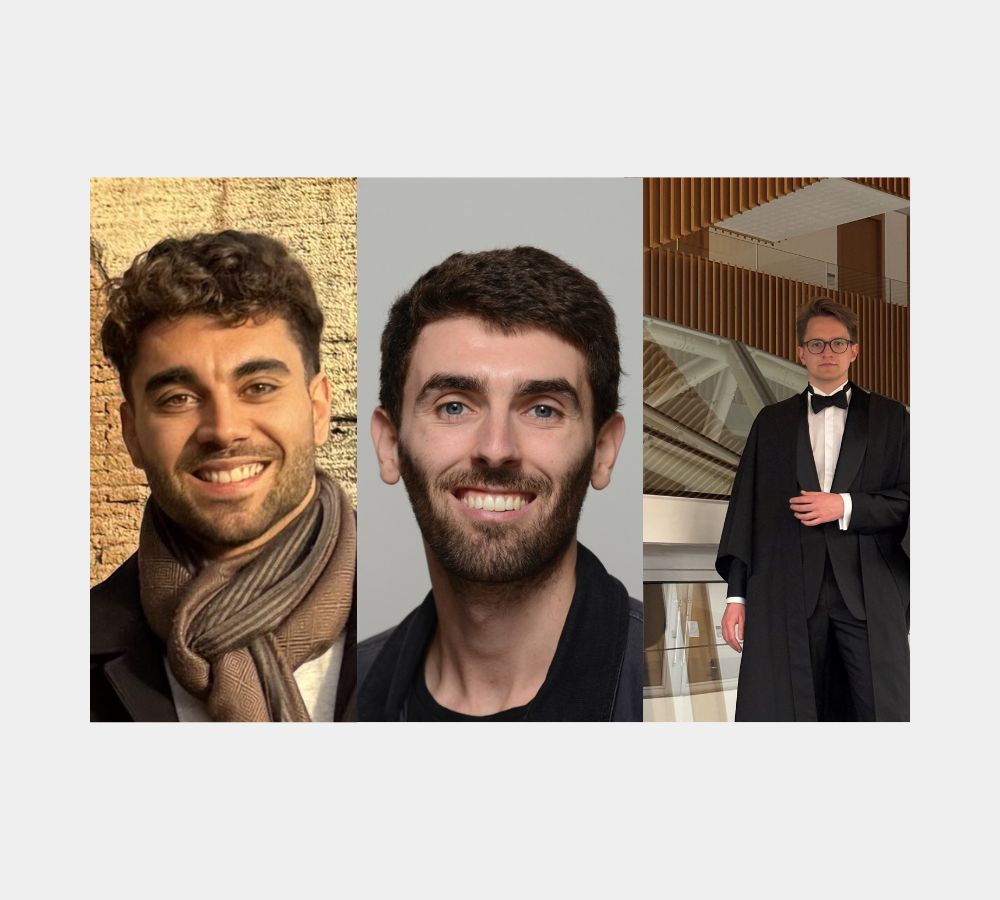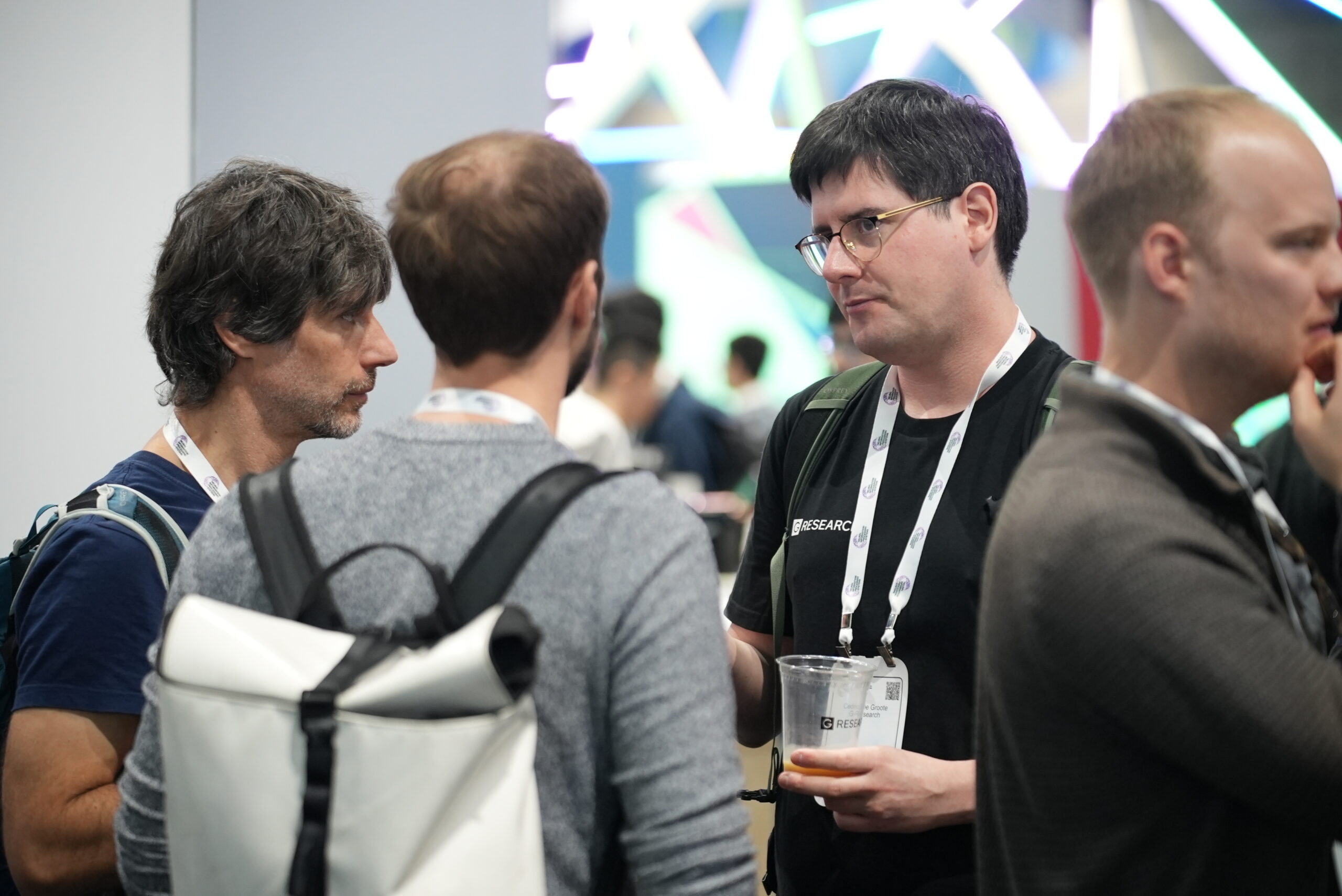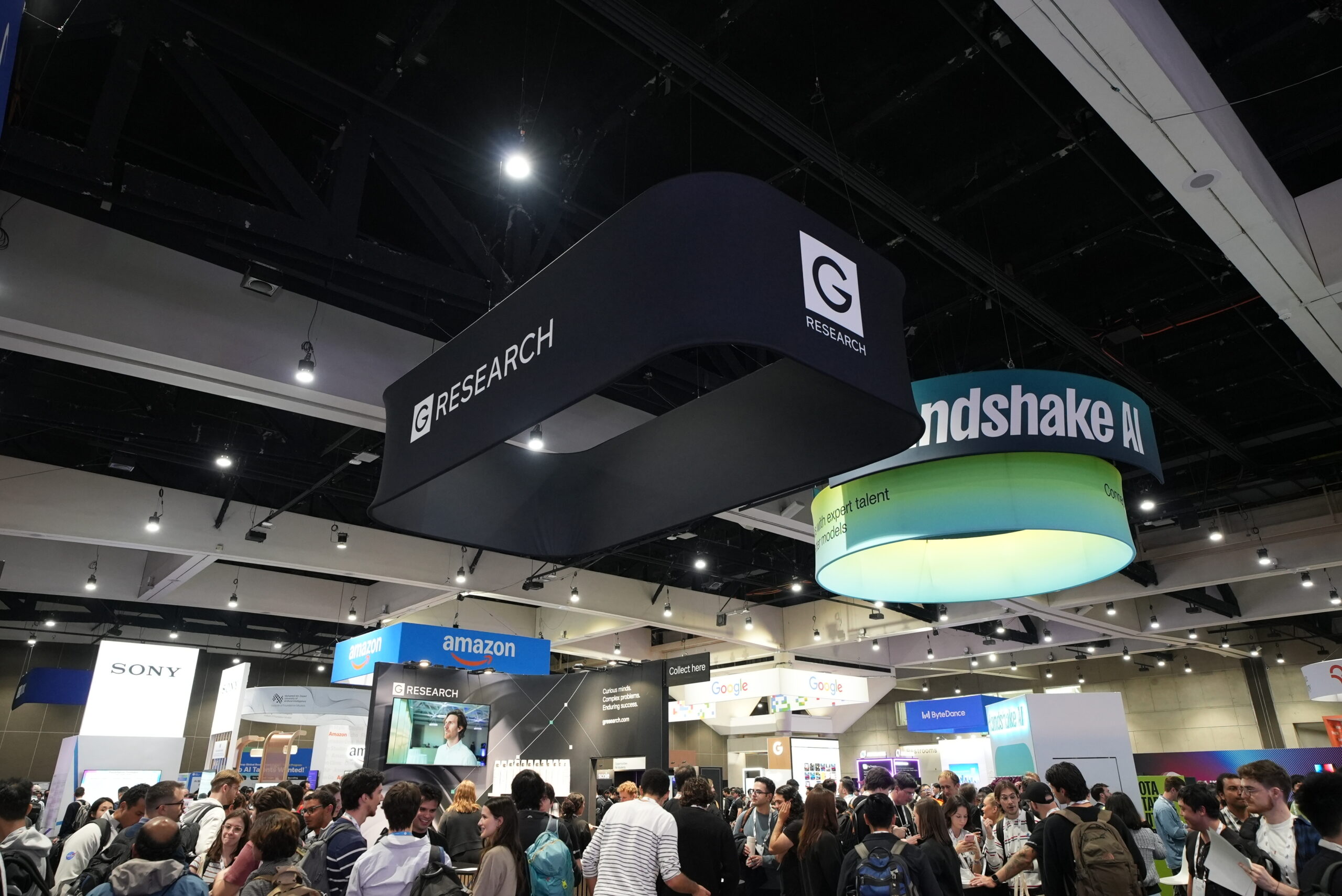Each month, we provide up to £2,000 in grant money to early career researchers in quantitative disciplines.
Our aim is to support and assist PhD students and postdocs conducting research, particularly with costs that may be difficult to get funding for elsewhere, for example, travel for those who are caring for children, or expenses for volunteer work related to research.
Read on to hear from our latest winners, their research and how our grants will aid their work.
August grant winners
Destiny Okpekpe (Max Planck for Intelligent Systems)
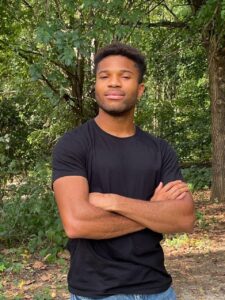
“I am a doctoral researcher in the Deep Models and Optimisation group at the Max Planck Institute for Intelligent Systems.
“In an era where the dominant approach is to train massive models and discover their capabilities post-hoc, my research takes a more predictive and foundational approach to our understanding of neural network behavior. I investigate how the performance of large-scale models can be predicted by analysing their core architectural components at a smaller scale.
“Additionally, I work on adapting new efficient foundation models to challenging non-text data modalities, such as DNA, neural signals and time series, where standard deep learning methods currently fall short.
“The G-Research grant will support my attendance at the NeurIPS 2025 conference. This will allow me to present my latest work and engage with leading researchers in the machine learning community.”
Boris Baros (University of Oxford)
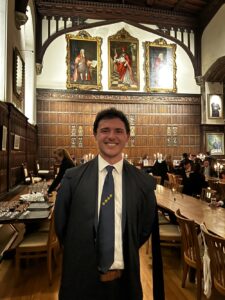
“I am a first-year Mathematics PhD student at the University of Oxford, supervised by Samuel Cohen and Christoph Reisinger. Broadly speaking, I am curious about the interplay of stochastic control and machine learning problems.
“In particular, the combination of flexible modelling afforded to us by infinite-dimensional frameworks, and the learning difficulties intrinsic to (potentially high-dimensional) time-series data, place such problems at the boundary of what classical statistical learning theory can offer.
“As well as aiming for interesting financial examples, this work will hopefully culminate in significant contributions to transatlantic air traffic control, in collaboration with my industrial partners at the National Air Traffic Service. For now, I am delighted to announce our first preprint, titled Mean-Field Generalisation Bounds for Learning Controls in Stochastic Environments.
“The grant will support travel costs to share this work at the Dolomites Winter School on Mean-Field Systems, the Hong Kong Workshop on Stochastic Control and the Japan Symposium on Machine Learning and Dynamical Systems. Thank you to G-Research for the generous support – being able to interact with my field on an international level will undoubtedly benefit my research!”
William Underwood (University of Cambridge)

“My research focuses on the development of new statistical methodology and theory, with a focus on flexible and robust estimation and inference, particularly in nonparametric settings.
“This grant from G-Research will allow me to travel to conferences, where I will present my recent work on upgrading survival analysis models.”
Congratulations to all of our grant winners.

